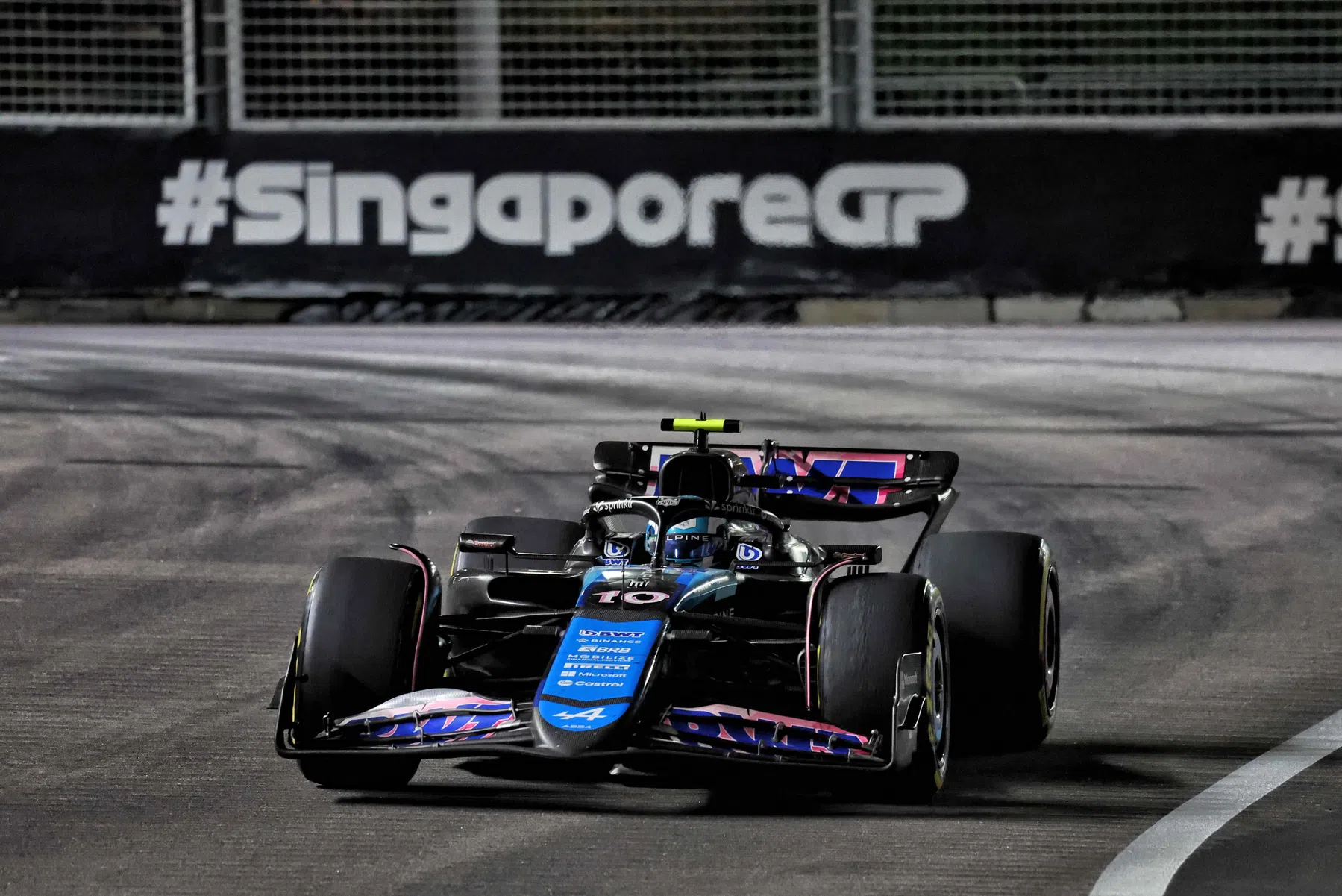Renault employees after quitting F1 project: 'No serious study done'
F1 News

This week, it was confirmed Renault will indeed stop running with their engines in Formula One from the 2026 season. Their employees have already protested against that decision back at the Italian GP, and they once again expressed their displeasure through a statement.
The staff will not be dismissed, but will given opportunities at the newly created Hypertech Alpine facility in Viry-Châtillon. However, in the statement published on Tuesday, they are not fond of that solution, and they also reiterated their disappointment in deciding on giving up manufacturing engines.
"All staff representatives, representing the voice of employees and a majority of stakeholders, regret the decision to stop supplying F1 engines from 2026," the statement says. "This decision has been pushed through by 'the group', which wants to reduce the financial risk around Formula 1, even though no serious study has been done on the impact on the brand's future sales and prestige."
There were also several solutions suggested to the management by employees, but those were turned down. "That was rejected, despite the fact that they would have made it possible to achieve several objectives: maintaining an F1 business, reducing development and operating costs, retaining all expertise and the possibility of using an RE26 engine [for Formula 1] that is already largely developed and promising for the 2026 season."
Renault employees remain critical
As a result, the recent developments made at Hypertech Alpine will have to look for a new purpose, something the employees are not enthusiastic about. "The exact content, resources and sustainability of the new projects the management wants to bring to Viry are still largely unclear."
Moreover, they fear that the knowledge built up over the years will be lost now that they are no longer continuing with the F1 power unit project. It is expected that workers will have to work on different projects.
"History shows that contrary decisions have often been made and demonstrates the importance of retaining highly qualified expertise for the future to keep the door open for a return to F1 when regulations and the shareholder's financial situation make it more attractive."
This article was written in collaboration with Corwin Kunst
Want more Formula 1? Then follow GPblog on our various social media channels!

